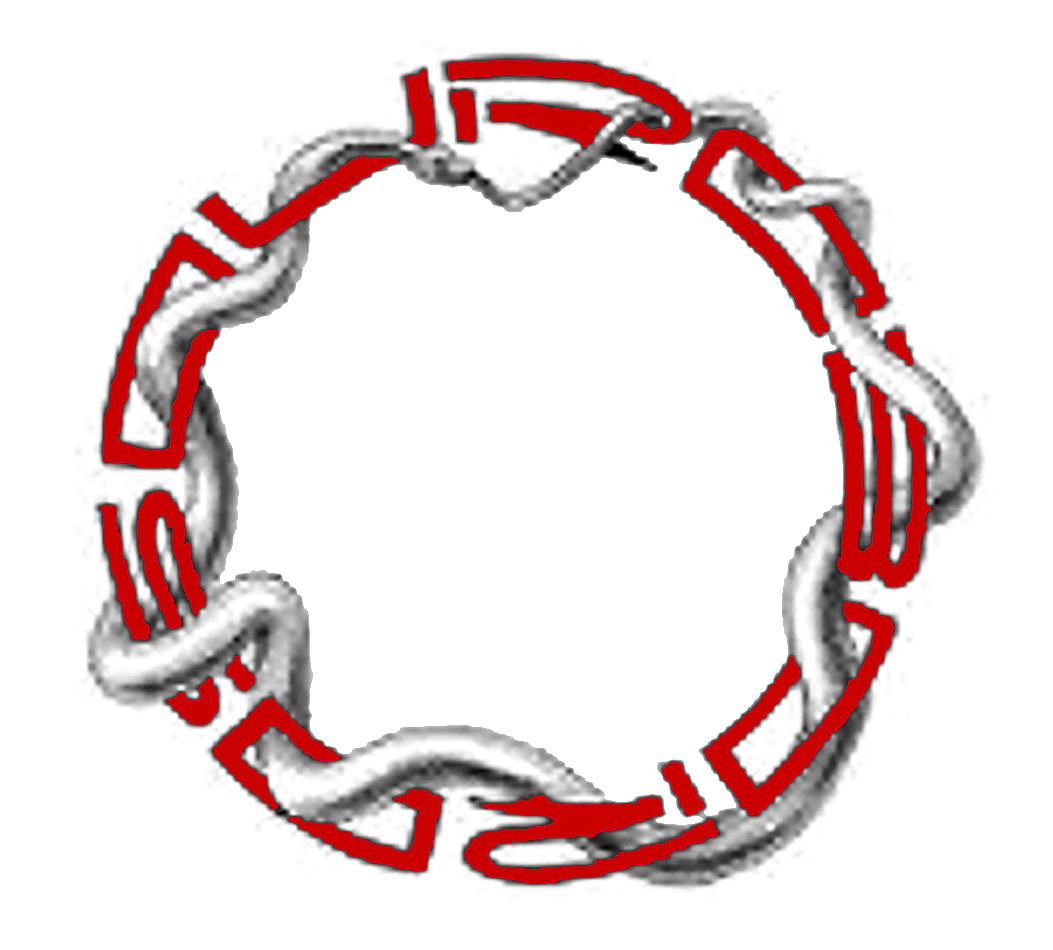the number frightened
August 8th, 2011(learn more about the book at the “Ask Me Anything” on Reddit)
Here’s a sad truth, expressed by a Londoner when asked by a television reporter: Is rioting the correct way to express your discontent?
“Yes,” said the young man. “You wouldn’t be talking to me now if we didn’t riot, would you?”
The TV reporter from Britain’s ITV had no response. So the young man pressed his advantage. “Two months ago we marched to Scotland Yard, more than 2,000 of us, all blacks, and it was peaceful and calm and you know what? Not a word in the press. Last night a bit of rioting and looting and look around you.”
The ongoing riots in and around London highlight the truth behind an old Arab proverb: “victory is not gained by the number killed, but by the number frightened.” The formative entropy that began when a Tunisian fruit-dealer immolated himself on the street has finally rippled out across borders of the Arab world and into the West.
But this isn’t the first time an act of public violence somewhere else in the world has started a movement that ends up resonating inside the West as well.
As one century melded into the next, a different sort of terrorism began to stir in the core of the world’s great power.
Like others before, it was rooted in protest against the oppressive policies of what it saw as an immoral and corrupt government. A government that was seen by many as having no right to be exercising any influence over the lives of a people and occupying its lands. A government that hadn’t been legitimately elected by its people and was seen by many as serving the interests of a wealthy elite while ignoring the moral and social degeneration going on inside the nation.
The group sought to buck this illegitimate authority and bring a new form of rule to its people, one which would better ensure their prosperity. For too long the group had watched as this oppressive government dominated its lands and acted for its own benefit, not taking into account the effect its decisions had on the local populace. Corruption seeped into their affairs. Resources were exploited. Women and children suffered. The terrorists were determined to enact change – however, this group was faced with a critical problem.
It seemed nearly impossible to rally the masses, the popular Street, to action. Generations of authoritarian militaristic rule had caused them to be filled with “apathy and alienation.” Any sort of democratic reform seemed impossible, as any move towards it was met with a heavy and lethal hand.
To fight this illegitimate and exploitative rule the group had to find some way to break the Street out of its hellish shell of hopelessness and oppression – solving this dilemma was their first problem. And in the response to this problem lay this terrorist group’s novelty: they resorted to “daring and dramatic acts of violence designed to attract attention to the group and its cause.” So the terrorists chose targets which they felt embodied the symbolic value of their oppressors, targets which they believed would be most apt to awaken the Street from its apathy and despair. And finally, after having taken “extraordinary measures to ensure the success of this attempt,” they acted.
The attack was coordinated, well planned, and involved four separate, stunning explosions – each carried out by a group of volunteers who proved they were willing to die for their cause. The success of the attack caused the full wrath of the state they had attacked to rain down on the heads of the terrorists, who quickly saw their remote safe-houses and hide-outs swarmed by the government they’d assaulted.
On the first day of March in 1881, the Narodnaya Volya assassinated Tsar Alexander II by bombing his sleigh as it was traveling along the snowy late-spring Russian roads – one-hundred and twenty years before al-Qaeda carried out its own spectacular attack on the morning of September 11th. And, after the sun set on that cold Russian winter’s day, the world would – once again – never be the same.
The Narodnaya Volya, or People’s Will, set that standard that al-Qaeda sought to emulate. Their actions against the Cossack-guarded Tsar were fueled by the first true manifestation of the theory “propaganda by deed.”
This theory, elucidated by the Italian extremist Carlo Pisacane, states that violence is necessary to both draw attention to a revolutionary cause as well as rally the disaffected masses behind it. Every terrorist act has an instructive purpose as well as a fomenting one. Pisacane argued, and many revolutionaries who listened to him have agreed, that violence was needed “not only to draw attention to, or generate publicity for, a cause, but to inform, educate and ultimately rally the masses behind the revolution.”4 This latter purpose of dramatic violence, the instructional and educational one, could never be accomplished through pamphlets, posters, or rallies.
Category: Uncategorized | Tags: anonymity, civil unrest, domestic terrorism, innercity violence, propoganda, riots, terrorism 3 comments »







August 8th, 2011 at 8:13 pm
My god this is the most pretentious bullshit I’ve ever read. Has this guy ever talked to real Arabs or does he just sit in his ivory tower and talk down to the stinking masses.
TtD: rumor has it that the guy who writes this site hates brown people, and Arabs specifically. Could you please expand upon how this is offensive to Real Arabs so I can tear him a new one? Thanks!!
August 9th, 2011 at 7:35 am
Ah yes. The religion of peace.
September 20th, 2011 at 12:17 pm
[…] instance, I came across this quote, from a Londoner who was asked wether rioting is the correct way to express your discontent. The […]